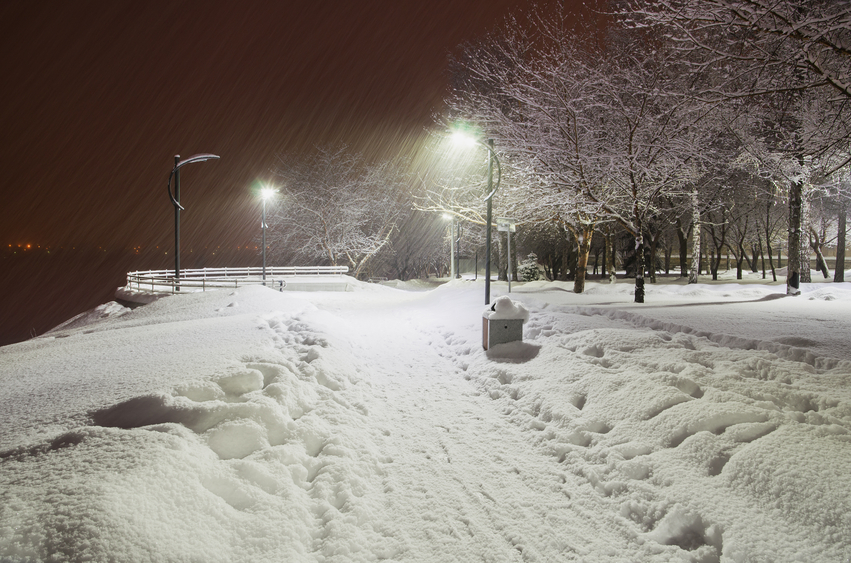As many across the United States and Canada gear up for what looks to be a harsh winter, with bitterly cold temperatures and plenty of the white stuff, it’s important for caregivers to understand why elderly adults may be more susceptible to cold. And for those caring for a loved-one with dementia or Alzheimer’s Disease, shorter days and extreme cold combined with changes in behavior and judgement can result in dangerous situations for some seniors.
Older adults are at greater risk for hypothermia and exposure to cold due to loss of body fat (a natural insulator), changes in the brain that help us plan for the length of time we should be outdoors in the cold and how to dress and even the loss of the ability to shiver to generate heat. Older adults with dementia are particularly vulnerable to the cold if they don’t remember the weather report for that day or understand the risk when temperatures drop significantly.
Friends and family can help by checking in face to face with older adults during winter storms and extreme cold weather. A phone call is good, but it’s always better to check in person and make sure the furnace is working properly and the home is well-stocked with food, water and other essentials. Some prescription and over-the-counter medications, such as cold remedies, can affect body heat. And certain chronic health conditions like diabetes can hinder blood flow which can cause extremities to become cold. Parkinson’s Disease and other chronic conditions affecting mobility can make it difficult for seniors to put on extra clothing to keep warm.
Older adults with dementia can also be prone to wandering and caregivers needs to be extra vigilant during winter months to ensure their loved-one doesn’t become confused and head outdoors without proper clothing or at night. Winter dangers can include injury from falls on ice, breathing problems from extreme cold air and hypothermia. Low household temperature over an extended period of time can also result in hypothermia.
Symptoms of Hypothermia
- Sleepiness
- Slurred speech
- Confusion
- Lack of coordination
- Shivering (in more severe cases shivering stops)
- Increased heart rate (as condition worsens weak pulse)
- Slow, shallow breathing ( in moderate to severe hypothermia)
Source: Mayo Clinic
For more tips about staying safe in cold weather, visit the Alzheimer’s Society of Ontario’s website by following this link.






Add Your Voice
0 Comments
Join the Discussion